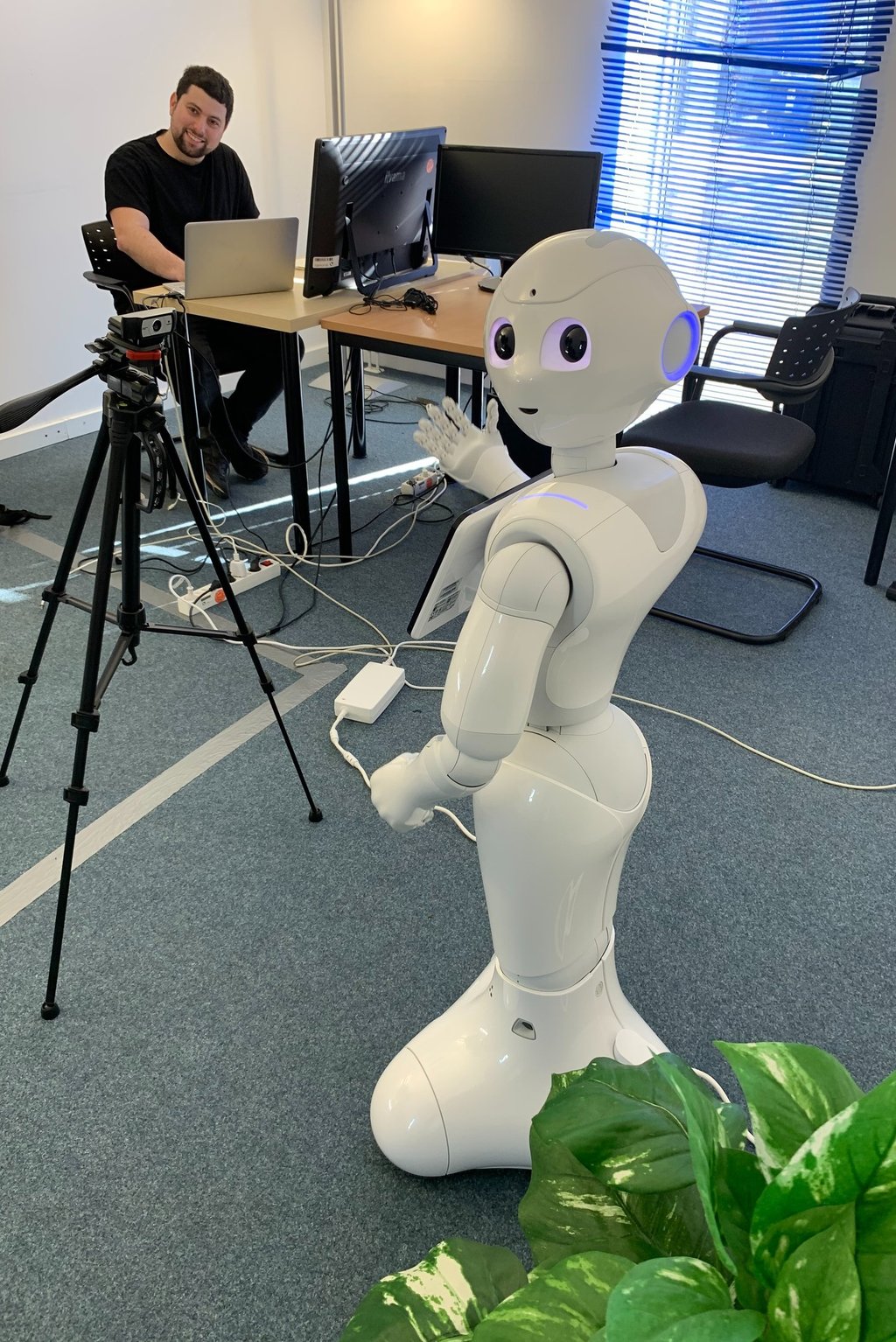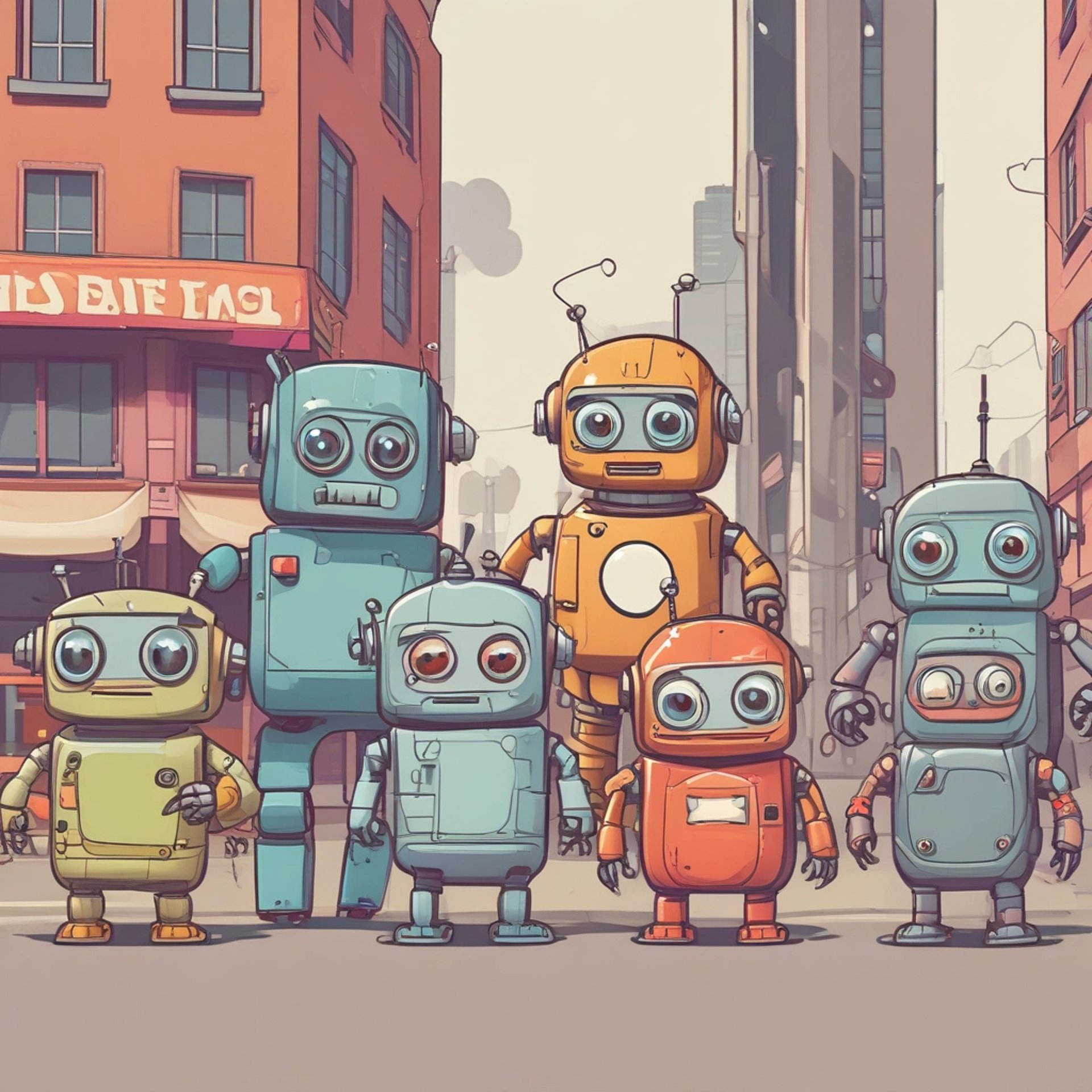Building Long-Term Human–Robot Relationships: Examining Disclosure, Perception and Well-Being Across Time
Our new paper in the International Journal of Social Robotics
Arvid Kappas
12/11/20232 min read


Human-robot relationships have gained significant attention in recent years, as advancements in robotics technology have allowed for more interactive and lifelike interactions. In our new article in the International Journal of Social Robotics, titled "Building Long-Term Human–Robot Relationships: Examining Disclosure, Perception and Well-Being Across Time," we delve into the fascinating topic of how humans and robots can form meaningful connections that allow self-disclosure.
Laban, G., Kappas, A., Morrison, V., & Cross, E. S. (2023). Building Long-Term Human–Robot Relationships: Examining Disclosure, Perception and Well-Being Across Time. Int J of Soc Robotics. https://doi.org/10.1007/s12369-023-01076-z
While interactions with social robots are novel and exciting for many people, one concern is the extent to which people’s behavioural and emotional engagement might be sustained across time, since during initial interactions with a robot, its novelty is especially salient. This challenge is particularly noteworthy when considering interactions designed to support people’s well-being, with limited evidence (or empirical exploration) of social robots’ capacity to support people’s emotional health over time. Accordingly, our aim here was to examine how long-term repeated interactions with a social robot affect people’s self-disclosure behaviour toward the robot, their perceptions of the robot, and how such sustained interactions influence factors related to well-being. We conducted a mediated long-term online experiment with participants conversing with the social robot Pepper 10 times over 5 weeks. We found that people self-disclose increasingly more to a social robot over time, and report the robot to be more social and competent over time. Participants’ moods also improved after talking to the robot, and across sessions, they found the robot’s responses increasingly comforting as well as reported feeling less lonely. Finally, our results emphasize that when the discussion frame was supposedly more emotional (in this case, framing questions in the context of the COVID-19 pandemic), participants reported feeling lonelier and more stressed. These results set the stage for situating social robots as conversational partners and provide crucial evidence for their potential inclusion in interventions supporting people’s emotional health through encouraging self-disclosure.
The photo below shows Guy Laban in the Laboratory at Constructor University testing the Pepper robot. The Robot is apparently commenting on the crooked blinds (just joking). The article is open access, so you are free to download it here



